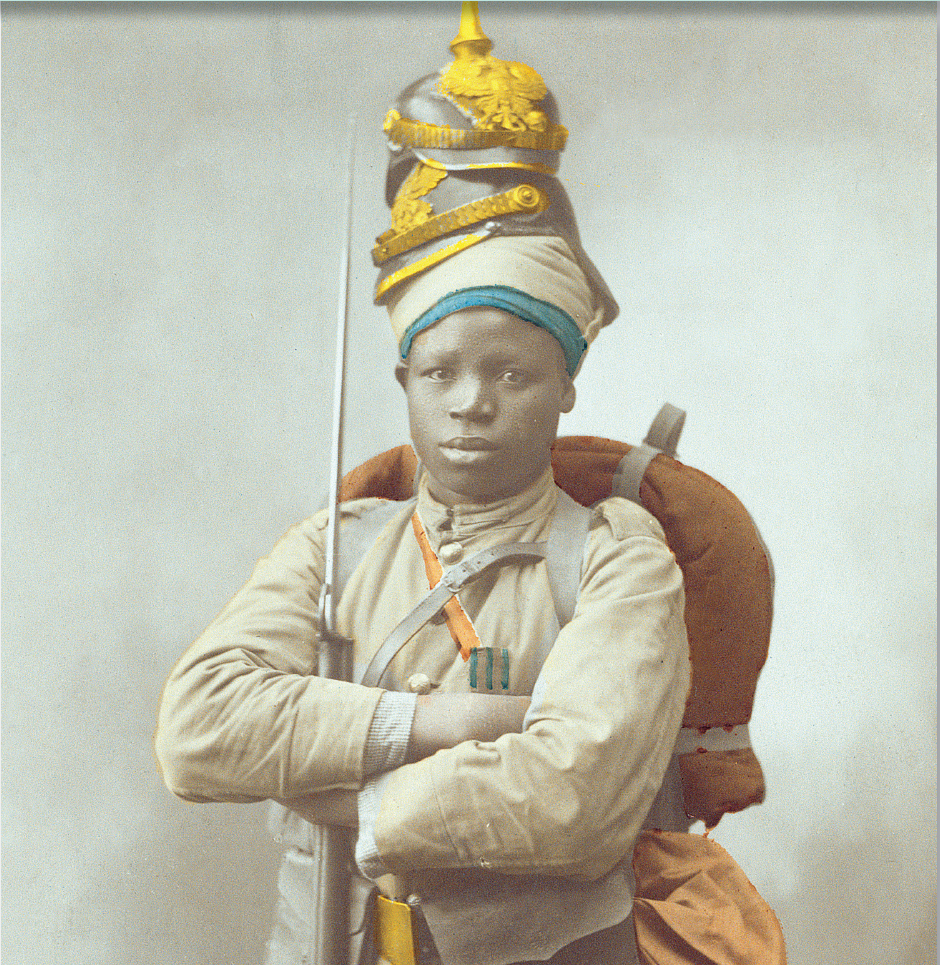A History of World Societies:
Printed Page 849
A History of World Societies Value
Edition: Printed Page 860
Introduction for Chapter 28
28
World War and Revolution
1914–1929

In summer 1914 the nations of Europe went willingly to war. They believed they had no other choice, but everyone confidently expected a short war leading to a decisive victory. Such a war, they believed, would “clear the air.” Then European society could continue as before. They were wrong. The First World War was long, global, indecisive, and tremendously destructive. It quickly degenerated into a senseless military stalemate lasting four years. To the shell-
In March 1917, as Russia suffered horrendous losses on the eastern front, its war-
When the Great War’s victorious Allies, led by Great Britain, France, and the United States, gathered in Paris in 1919 to write the peace, they were well aware of the importance of their decisions. Some came to Paris seeking revenge, some came looking for the spoils of war, and some promoted nationalist causes, while a few sought an idealistic end to war. The process was massive and complex, but in the end few left Paris satisfied with the results. The peace and prosperity the delegates had so earnestly sought lasted barely a decade.